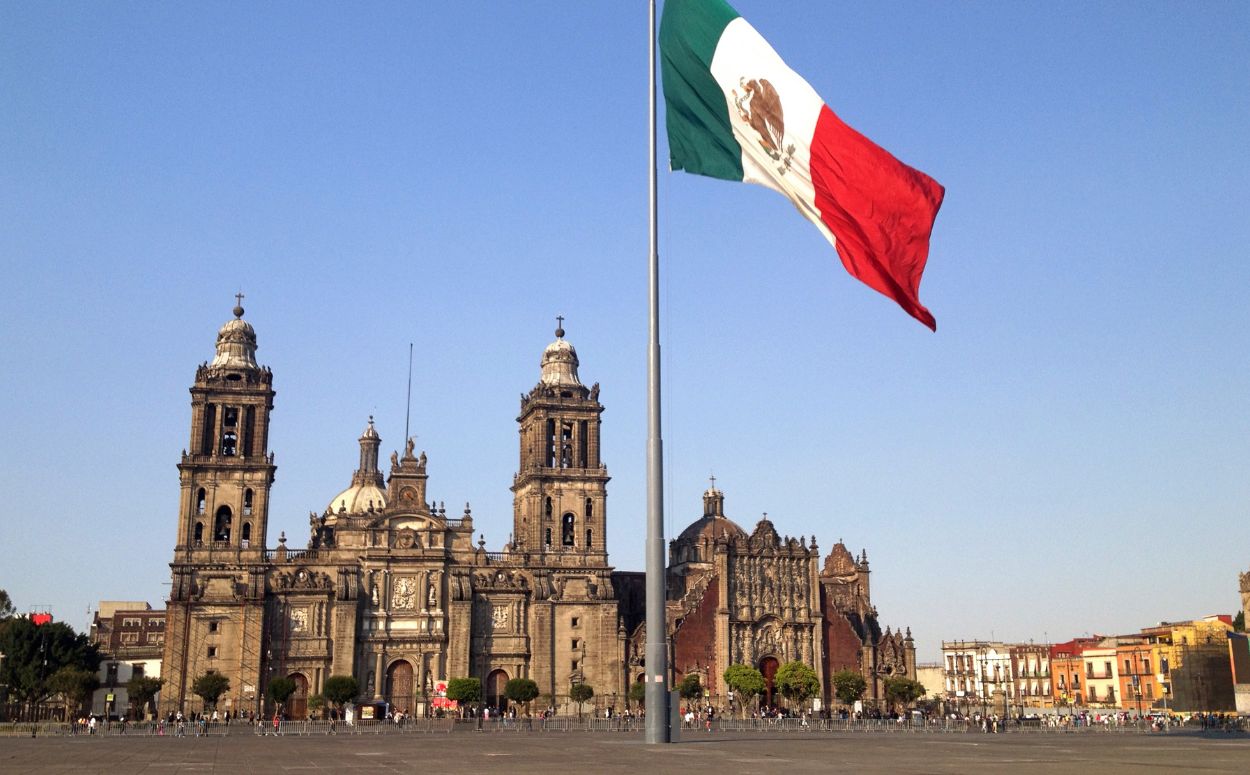Let’s talk about the policy shift in Mexico and how it is impacting e-commerce businesses. Mexico has long been a critical player in the international e-commerce landscape. With its strategic geographic location, growing digital infrastructure, and expanding consumer base, the country serves as a vital bridge between North and South American markets. However, recent shifts in Mexico’s economic and regulatory policies are altering the landscape for international e-commerce businesses. Companies operating in or exporting to Mexico must reassess their strategies to navigate these changes effectively and have created a policy shift. This article explores Mexico’s evolving policies, their impact on global e-commerce, and the necessary adjustments for businesses aiming to maintain a competitive edge.

Table of Contents
The Policy Shift: Understanding Mexico’s New Regulations
Mexico has implemented several key policy changesthat directly affect international e-commerce, including:
1. Revised Taxation on Digital Services
Mexico has imposed stricter tax regulations on foreign digital service providers, requiring them to register with the Mexican tax authorities and charge Value Added Tax (VAT) to local consumers. This move aligns Mexico with global trends aimed at ensuring fair taxation for digital businesses. Companies like Amazon, Netflix, and PayPal have already adjusted their pricing and operational models to comply with these new tax obligations.
2. Stronger Consumer Protection Laws
Due to growing concerns about online fraud and data security, Mexico has implemented a series of strengthened consumer protection laws aimed at safeguarding shoppers in the digital marketplace. These updated regulations and policy shift enforce stricter return policies, establish clear and standardized refund mechanisms, and require e-commerce platforms to operate with greater transparency. As a result, businesses must now take proactive steps to ensure full compliance with these new mandates, not only to maintain customer trust and satisfaction but also to mitigate the risk of facing legal consequences for non-compliance.
3. Increased Import Tariffs and Trade Regulations
Mexico has recently implemented significant revisions to its import policies with the policy shift, introducing changes that have a direct impact on cross-border transactions for international businesses. These updates include the imposition of new tariffs on specific categories of imported goods, and increasing costs for companies that rely on foreign-sourced products. Additionally, customs authorities have intensified their scrutiny of import declarations, requiring businesses to maintain more detailed and accurate documentation to avoid delays, penalties, or potential shipment rejections.
As a result, companies engaged in trade with Mexico must take a comprehensive approach to reassess their pricing structures, ensuring that increased costs do not erode profit margins. Supply chain logistics will also require strategic adjustments, including evaluating alternative sourcing options, optimizing transportation routes, and potentially shifting production or warehousing locations to mitigate the financial impact of these policy changes. Furthermore, compliance strategies must be strengthened to meet the stricter regulatory requirements, ensuring that all customs documentation and import procedures align with Mexico’s evolving trade laws. By proactively adapting to these changes, businesses can maintain operational efficiency and remain competitive in an increasingly complex trade environment.
4. Data Privacy and Localization Requirements
With the implementation of more stringent data privacy laws, Mexico is taking significant steps to align its regulatory framework with international standards, including the General Data Protection Regulation (GDPR) enforced in the European Union. These new regulations place greater responsibility on companies that collect, store, and process the personal data of Mexican consumers, requiring them to adopt enhanced security measures and more transparent data management practices.
A key aspect of these changes includes new data localization mandates, which dictate where and how customer data can be stored and processed. As a result, businesses operating in Mexico must carefully reassess their cloud storage solutions and data processing strategies to ensure full compliance with these evolving legal requirements. Failure to adhere to these regulations could lead to substantial legal and financial repercussions, making it imperative for organizations to stay ahead of the changing data privacy landscape.
The Global E-commerce Landscape: Key Areas of Impact
1. Challenges for Cross-Border E-commerce Players
For international businesses relying on Mexico as a key market, these policy changes introduce new hurdles:
- Increased Costs: VAT requirements and import tariffs raise operational expenses.
- Regulatory Compliance: More stringent legal frameworks require dedicated compliance efforts.
- Shifts in Consumer Behavior: Higher costs and enhanced consumer protections may influence buying patterns.
2. Opportunities for Domestic and Regional Players
While international businesses face challenges, domestic e-commerce players stand to benefit. Mexican-based companies that comply with new regulations more seamlessly can gain a competitive edge, fostering stronger local market dominance.
3. Supply Chain and Logistics Adjustments
For companies that rely on Mexico as a key distribution hub, recent increases in import tariffs and heightened customs scrutiny have introduced new challenges that could significantly impact operational efficiency and profitability. This policy shift means that businesses must now take a more strategic approach to supply chain management to mitigate potential disruptions and rising costs. To remain competitive, companies may need to explore alternative logistics solutions, such as establishing regional fulfillment centers that reduce the need for extensive cross-border shipments.
Additionally, businesses might find it beneficial to strengthen relationships with local suppliers and negotiate more favorable trade agreements to offset the financial burden of higher tariffs. By proactively optimizing their supply chains, companies can enhance resilience, streamline operations, and ensure a smoother flow of goods while maintaining cost-effectiveness in an evolving trade environment.
4. Evolving Payment and Financial Strategies
With VAT on digital services and new tax requirements, businesses must reassess their financial models. Potential solutions include localized pricing strategies, tax-inclusive pricing structures, and alternative payment options that minimize transaction fees.
Strategic Adjustments for Global E-commerce Businesses
To thrive in Mexico’s changing e-commerce landscape, companies must adopt proactive strategies:
1. Enhancing Compliance and Legal Frameworks
- Register for VAT in Mexico to avoid penalties.
- Adapt terms of service and return policies to meet new consumer protection laws.
- Work with local legal experts to ensure regulatory compliance.
2. Optimizing Supply Chain Operations
- Assess alternative fulfillment strategies, such as nearshoring.
- Leverage trade agreements like the USMCA (United States-Mexico-Canada Agreement) to minimize tariff impact.
- Strengthen relationships with local suppliers to improve efficiency.
3. Adapting Digital Marketing and Consumer Engagement
- Adjust pricing strategies to reflect new tax structures.
- Increase transparency in advertising and checkout processes.
- Prioritize mobile optimization, as a large portion of Mexican consumers shop via smartphones.
4. Investing in Data Security and Localization
- Implement GDPR-like data protection measures for Mexican consumers.
- Store sensitive consumer data on local servers to comply with localization requirements.
- Strengthen cybersecurity measures to maintain customer trust.

The Future of E-commerce in Mexico
Mexico’s policy shift present both challenges and opportunities for international e-commerce businesses. While increased taxes, tariffs, and regulatory compliance create additional hurdles, businesses that proactively adapt can find innovative ways to thrive. Companies that localize their operations, prioritize compliance, and leverage strategic partnerships will be best positioned to succeed in Mexico’s evolving digital marketplace. By staying ahead of policy changes and embracing new consumer expectations, global e-commerce firms can continue to expand their footprint in one of Latin America’s most dynamic economies.
